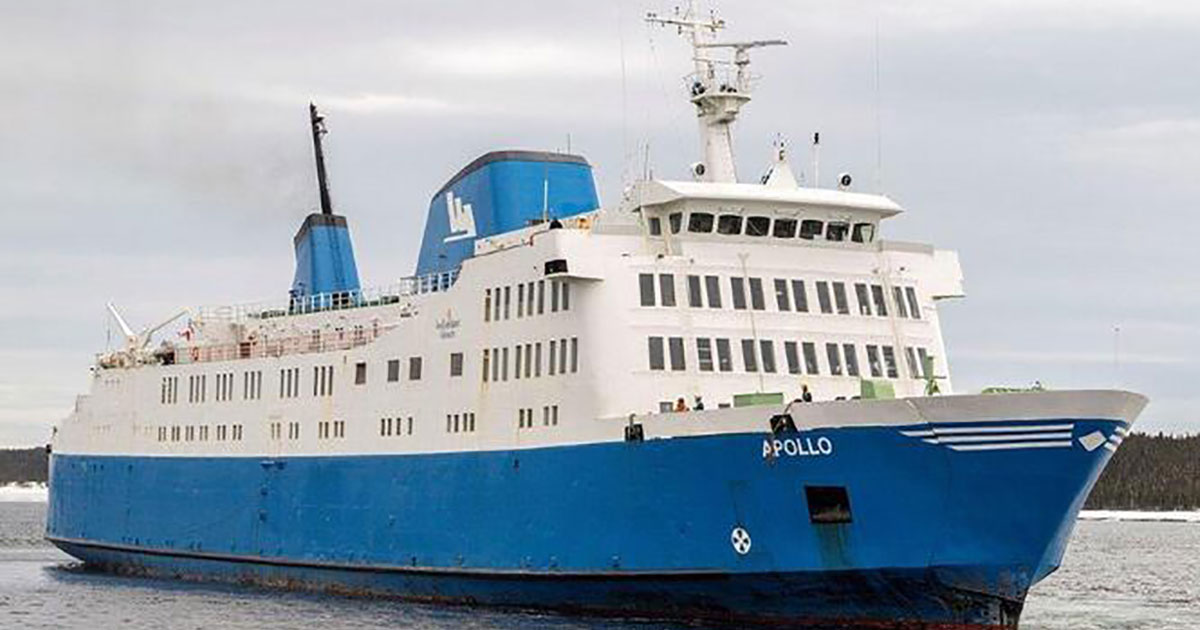The Artificial Reef Society of British Columbia (ARSBC) and Société Apollo de Godbout (SAG) are pleased to announce a new artificial reef in the St. Lawrence River, near the village of Godbout, Quebec. ARSBC and SAG have collaborated to re-purpose the twin deck car and passenger ferry, NM APPOLLO, into an artificial reef.
According to ARSBC, reefing is a green marine initiative that offers a significant secondary benefit of eliminating the cost of wholesale scrapping of large unwanted vessels. When vessels are repurposed, artificial reefs become tourist attractions for scuba divers, help to grow local economies and enhance marine environments as a large physical relief structure suitable for diverse marine recruitment.
ARSBC’s eighth reefing project, the former HMCS ANNAPOLIS, has been the subject of biodiversity tracking in a joint venture with the Vancouver Aquarium – effectively becoming a living laboratory of citizen science study. President Howie Robins commented, “We have seen tremendous growth of marine fish and fauna over the past four years. Ships re-purposed into functional reefs are seeded endlessly by currents depositing marine organisms in their embryonic stages throughout the vessel structures at variable depths. The NM APOLLO will provide a pinnacle oasis for predator and prey.”
The ARSBC will consult on all phases of disposal of vessels at sea, providing expertise that will assist in obtaining regulatory approvals to transform the NM APOLLO into a productive marine habitat for fish and fauna. The NM APOLLO is currently in Quebec City.
“Godbout has a beautiful bay, perfect for scuba diving,” said Jean-Yves Bouffard, President of SAG. “The NM APOLLO will provide the region a world class recreational destination for eco-adventure scuba dive tourism for all skill levels.” This project is in its preliminary stage, where details on budget and schedule are being prepared to share during the community consultation in spring 2020.
SAG knew that they would need specialized assistance to organize the project and to have the ship prepared to Canadian environmental clean-up standards. SAG approached ARSBC for help based on the successful experiences in BC’s ship-to-reef projects with the sinking of nine large vessels. President Howie Robins commented that this is a unique project for ARSBC: “It will be the first undertaken for the region as well as the first decommissioned ferry repurposed as an artificial reef in Canada. After over 25 years of managing the reefing process, our focus now is to help government and industry having fleets of vessels explore the option and economic benefits for problem end of life vessels. Reefing has been recognized as an environmentally viable and less costly option to dispose of large unwanted or unsellable vessels.”
Story by The Artificial Reef Society of British Columbia (ARSBC)



